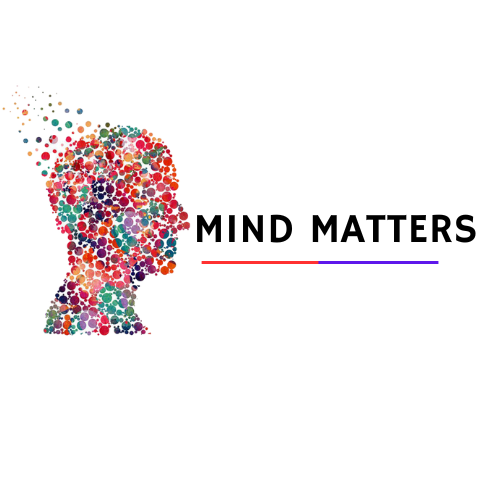Life-changing online care for seasonal affective disorder


Personalized excellence in healthcare


MENTAL HEALTH CONDITIONUnderstanding seasonal affective disorder
- EXPERIENCE
Understanding Seasonal Affective Disorder (SAD)
Seasonal Affective Disorder (SAD) is a subtype of depression characterized by symptoms that mirror those of Major Depressive Disorder (MDD). However, these symptoms are seasonally patterned, typically emerging in the late fall and winter months and subsiding in the spring or summer.
Symptoms of Major Depressive Disorder include:
- Feeling depressed most of the day, nearly every day
- Feeling hopeless or worthless
- Having low energy
- Losing interest in activities once enjoyed
- Sleep disturbances
- Changes in appetite or weight
- Feeling sluggish or agitated
- Lack of sexual energy (libido)
- Difficulty concentrating
- Frequent thoughts of death or suicide
In addition to these symptoms, Seasonal Affective Disorder may introduce season-specific manifestations, such as:
- Hypersomnia (excessive sleepiness or drowsiness)
- Overeating
- Weight gain
- Craving for carbohydrates
- Social withdrawal or a desire to “hibernate”
SAD follows a cyclical pattern, with symptoms recurring at the same times each year. While the exact cause of SAD is not fully understood, it is often associated with reduced exposure to natural sunlight during the fall and winter months, leading to disruptions in circadian rhythms and changes in neurotransmitter levels.
If you suspect you are experiencing symptoms of SAD, seeking professional help is crucial. Effective treatments, including light therapy, psychotherapy, and medication, can be tailored to address the unique challenges posed by Seasonal Affective Disorder, providing relief and improving overall well-being.
Of Individuals
Thinks understanding of yourself with the support of a counsellor leads to living a more full life.
Of Couples
Learned to identify their individual needs which increased their confidence as a couple.
Of Therapies
Helps couples gain insight into how their own, forms of thinking impact their relationship.

We Care

Individual Therapy
We often tend to people who want to experience more satisfaction, joy, resiliency in their lives. Other times people fell down, unexcited about life, happiness and just want to stop feeling that way. General areas we address.
Couples Therapy
Relationships can be incredibly rewarding but they can also require some hard work, with difficulties in relationships being a common issue for many people strive to feel like they’re doing something good.

Try Together

How Does It Work?
Fill a Form
Get Macthed
Schedule
More Info?
Talk to our Coordinator
Mon – Fri: 5am – 7pm
Saturday: 8am – 5pm
Fees per Session
- Schedule a live session at a time that is convenient
- Messaging, phone or video
- Message therapist any time, from anywhere.
- Schedule a live session at a time that is convenient
- Messaging, phone or video
- Message therapist any time, from anywhere.
- Schedule a live session at a time that is convenient
- Messaging, phone or video
- Message therapist any time, from anywhere.
Covid-19 Notice
The health and well-being of our clients is one of our top concerns. We are following the current government and health authorities COVID-19 guidance to ensure we are taking the right actions to protect our clients, employees and the community. For in person meetings clients are asked to:

Measure their body temperature
Frequently disinfect hands
Wear face masks at all times



